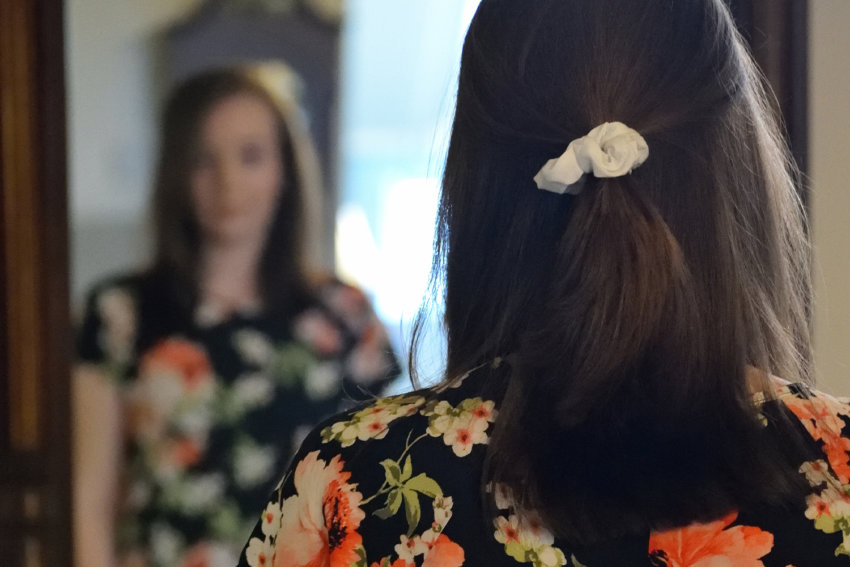It is estimated that nearly 30 million Americans will struggle with an eating disorder in their lifetime, and millions of others will face food and body image issues, causing negative impacts on their health. In recent months, the Student Counseling Center at UT Health San Antonio has brought awareness to eating disorders within the organization’s community. With the help of psychologists like Mia Veve, Ph.D., the director of the center, and Trisha Kivisalu, Ph.D., assistant director, students don’t have to suffer alone.
When it comes to the increasing commonality of eating disorders, “a lot of it has to do with media exposure and false ideals,” said Dr. Veve.
Kivisalu agreed. “[Young people] have figures of people to look up to, but media chooses to focus on their weight instead of their natural beauty, talent, contributions or accomplishments,” she said.
Living in an age where values are distorted can be extremely draining for young people today, the psychologists said. Instead of embracing differences in appearance, young people are held to impossible, media-driven standards. Social influence demands an impractical sense of perfection rather than a representation of what is real, and the results of this can reach deep into the lives of those affected.
As a student, “heightened anxiety, academic performance, and stress levels can all be affected because so much mental energy is focused on eating or not eating. Purging or excessive exercise can all take energy away from the things you need to focus on,” says Kivisalu. “[People with eating disorders] often try to normalize these behaviors as a way to cope, making it hard to face the issue. At the extreme, [eating disorders] make it really hard for people to function.”
And, said Dr. Veve, eating disorders can affect relationships. “Behaviors begin to change and, often times, people go to extreme lengths to hide their symptoms,” she said. “They might hide their purging or lie about their usual habits. Sometimes people will plan their day around their eating disorder. It has the ability to restructure your life.”
To help combat the toll that body image issues can take, the Student Counseling Center began encouraging body positivity among students. The center placed fliers around campus that prompt students to “Take a Compliment,” reminding them that body positivity is a choice and that more than appearance is involved. Students are told that they are stronger, smarter and more valuable than media messages. They are encouraged to be proud of who they are and what they look like; to wear their differences without fear and value the qualities that make them unique.
Overcoming a negative self-image is a long journey that starts from within. By encouraging others and respecting who they are, students can reframe the conversation and see themselves in a more positive light. “Body positivity takes conscious effort,” said Kivisalu, “it is important to work on accepting yourself and accepting your peers for who they are.”
When battling an eating disorder, seeking professional help is an important first step. The Student Counseling Center is here to help. Their services are free and confidential, and they have an after-hours crisis line for evenings (after 5 p.m.) and weekends. Get in touch with the counseling center by calling 210-567-2648 (for after-hours crisis support – press option 2 when prompted) or visiting the Student Counseling Center, located in the Dental School Building, 3rd floor, 3.100R.1.


